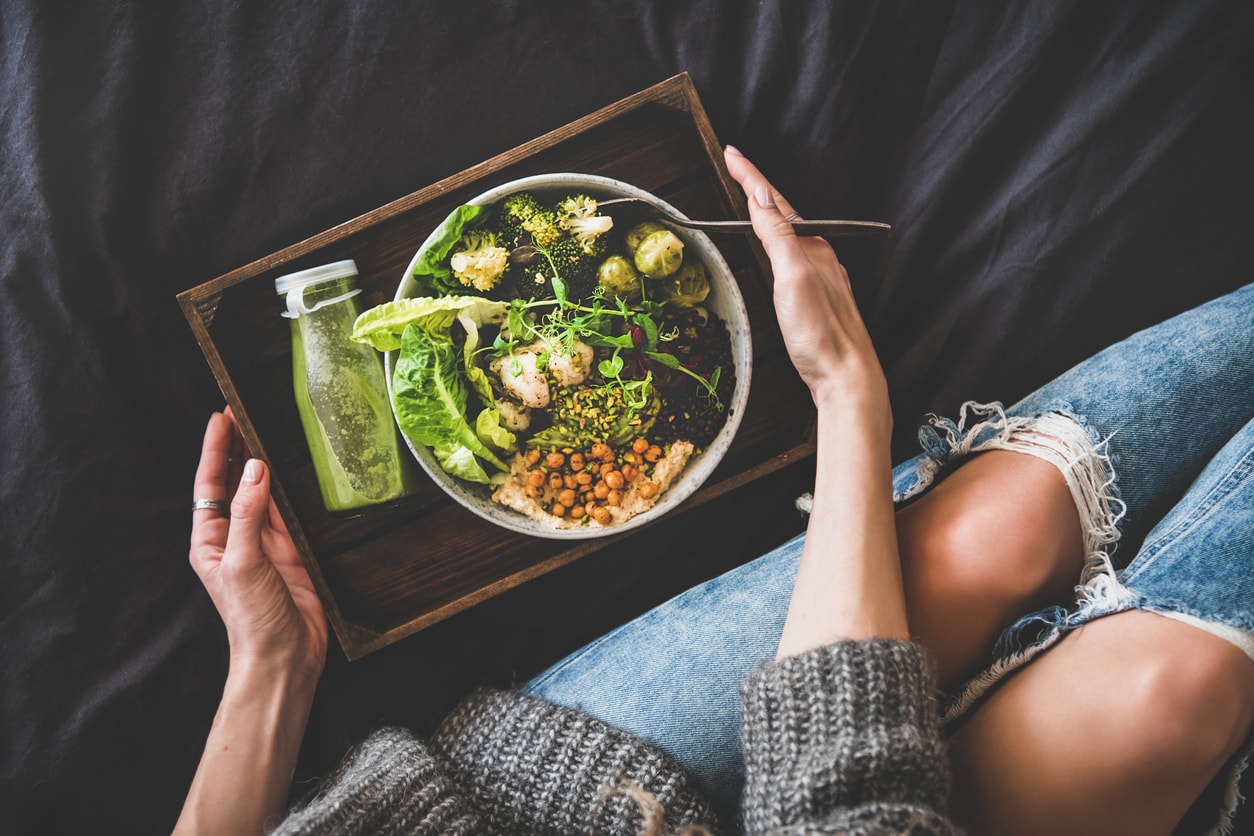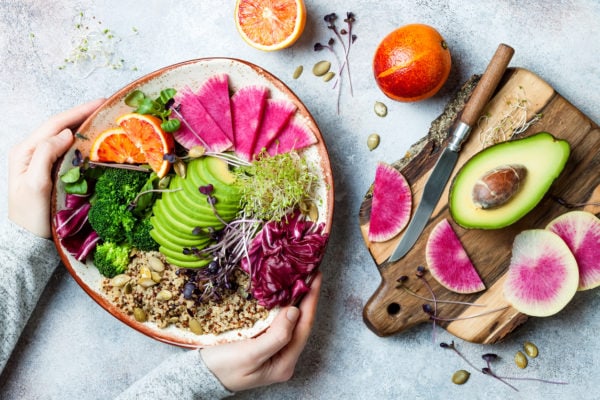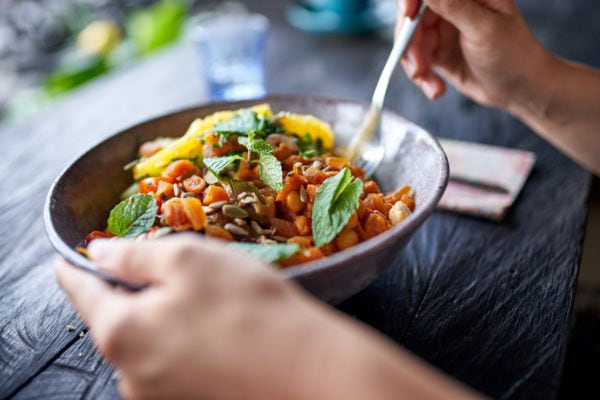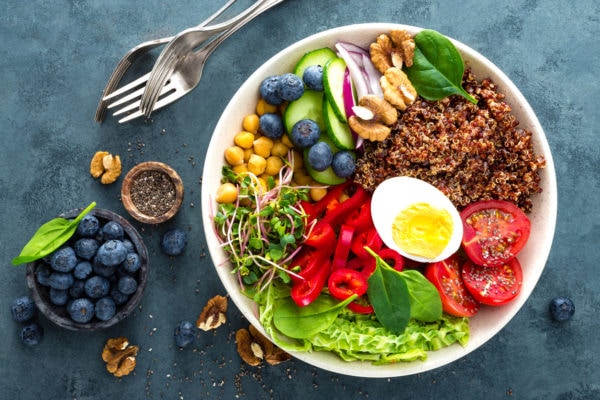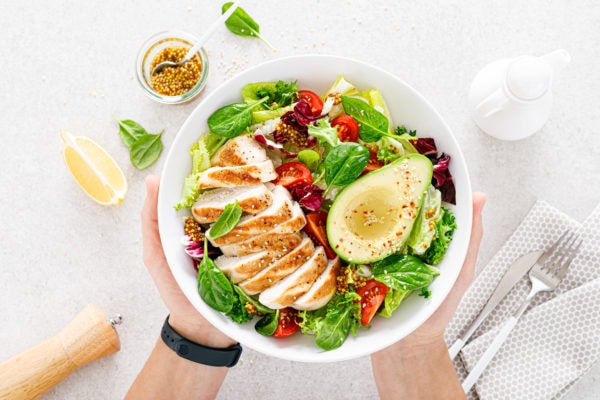Is Eating One Meal a Day Healthy?
Eating one meal a day can be healthy for your body – but is it right for you?
The one meal a day diet, a form of intermittent fasting, is increasingly popular. It involves fasting for about 23 hours, and then consuming just one meal. Some will choose to eat that meal in the morning, others for lunch or dinner. And, some might not fast completely, but rather consume small, light snacks throughout the period of fasting instead.
No matter how you do it, the goal is to lose weight, and stay fit.
Benefits of the One Meal a Day Diet
The one meal a day pattern of eating can provide a number of benefits for those who participate in this type of eating, beyond weight loss or fitness.
These benefits include:
Reducing blood sugar
Lowering the risk of heart disease and inflammation
Promotion of longevity
Boosting cognitive performance
Slowing metabolic disease risk
Lowering cholesterol
Preventing neurodegenerative disorders
One caution: don’t leave your stomach empty for over 24 hours. Otherwise, these health benefits may become risks, instead.
And, if you do decide to consume just one meal a day, its important to be careful when adopting it. Consider consultation with a nutritionist to be sure it’s right for you, and determine the best foods for your body.
When Should You Just Say No to One Meal a Day Diets?
For some, restricting calories can increase the risk of health issues instead of helping to prevent them.
These risks increase for those with hypoglycemia, particularly if you have Type 2 Diabetes. The diet is also not recommended for those with eating disorders, pregnant or breastfeeding women, the elderly, kids or teens.
How to Best Follow the One Meal a Day Diet
It’s best to have your single meal during the most active time of your day. And, be sure to include a meal that has at least 1200 calories, and one that is rich in the nutrients your body needs to stay healthy.
Include a variety of foods, or healthy herbal supplements to stay well. Good choices include:
Fruits – bananas, citrus fruits, berries
Vegetables – leafy green veggies and vegetables like broccoli, asparagus, kale, and peppers
Grains and starchy vegetables
Healthy fats, like olive oil and avocados
Legumes, including lentils, black beans, peas
Nuts, seeds, and nut butter including macadamia nuts, almonds, cashews, pumpkin seeds, hemp seeds
Dairy and vegan dairy alternatives, including coconut milk, unsweetened yogurt, almond or cashew milk
Healthy protein including fish, tofu, eggs, chicken
On the other hand, you should limit your intake of processed foods as much as possible, as they do not provide proper nutrients, cause weight gain, and will prevent you from eating a balanced diet.
Items to avoid include:
Sugar-filled baked goods
Processed meats
White bread
Soda
Chips
Fast food of all kinds
Fasting Choices
While you fast, it’s your choice whether you decide to consume some low-calorie foods during the day, or just stay hydrated by drinking plain water. Some people enjoy herbal teas, others will choose to have healthy broth, or small amounts of healthy protein during the 23 hour fasting period.
Learn More About Longevity Herbs
Whether you decide to eat one meal or day or three, healthy herbal supplements can help you stay strong and well. Do you want to learn more about Longevity Herbs? Browse our product selection online or contact us today. We’re here to help!
